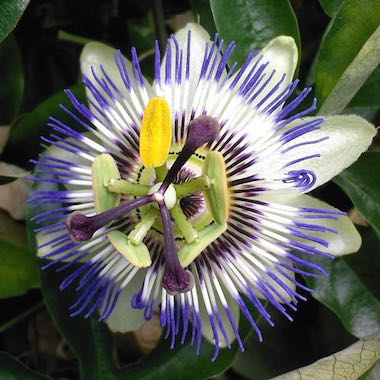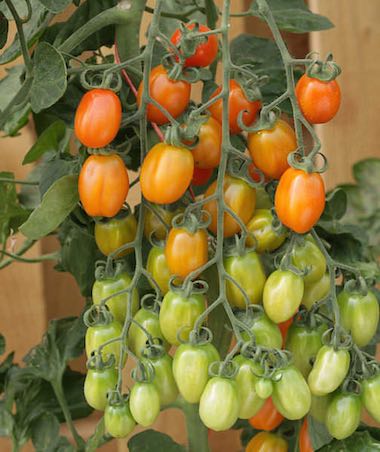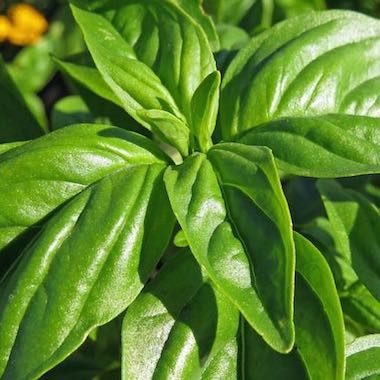Is there a dark side to seed germination? It turns out that the Salem Witch Trials are not the only historical instance of cruel and unusual punishment that occurred in Massachusetts. In 1897, Mr. Asa S. Kinney, a graduate of the Massachusetts Agricultural College in Amherst, MA, conducted an experiment which applied electrical currents to various agricultural crop seeds to determine if it had any effect on seed germination and seedling growth.
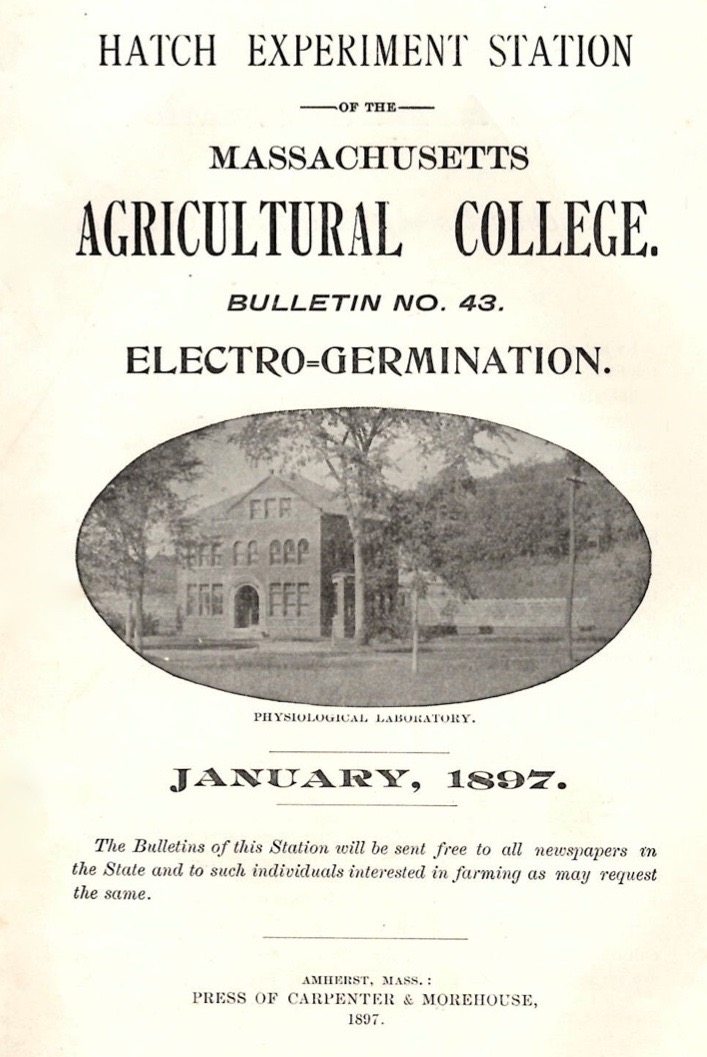
In his Bulletin titled Electro-Germination, botanist G. E. Stone describes Kinney's experiment, mentioning that in this time in American agricultural history, many wild stories existed about farmers applying strong electrical currents to their fields, raising "four or five crops to the ordinary farmer's one."
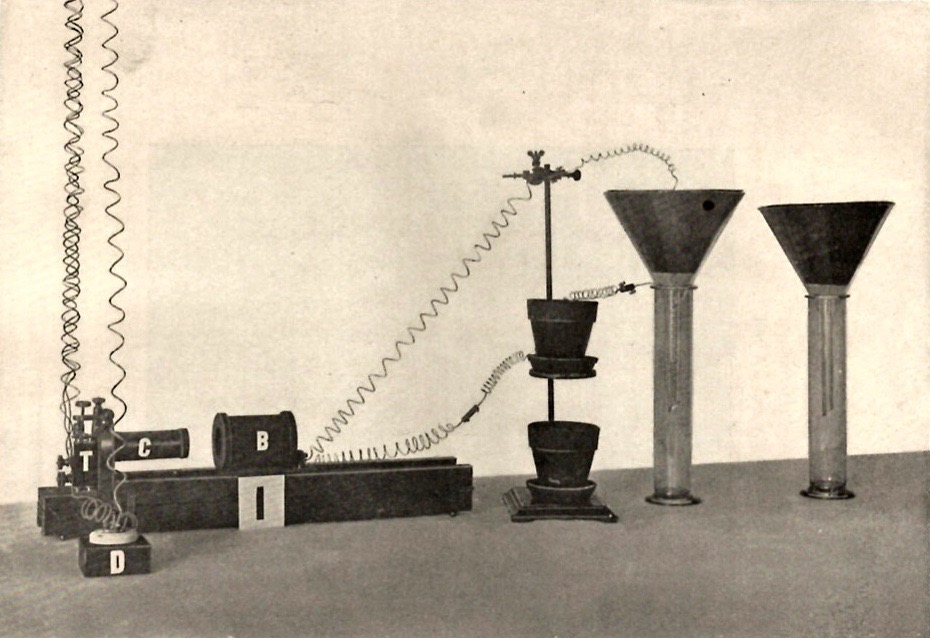
Many related experiments continued into the first quarter of the 20th century, including one that collected electricity from the atmosphere and applied it to underground wires set up in corn fields.
Kinney's experiments concluded that " electricity, when properly applied, accelerates germination and growth,...and that, in many respects, electricity acts quite similar to light in its stimulating effect." What Mr. Kinney showed with his experiments is that there is a very narrow range of voltage and treatment procedures that can be beneficial, and that too much or too little electricity has little to no effect on growth.
He allowed that "...these experiments have been carried on from a scientific standpoint rather than from any practical application..."
I guess that's why we present-day gardeners and farmers aren't all out there zapping our zucchinis!




